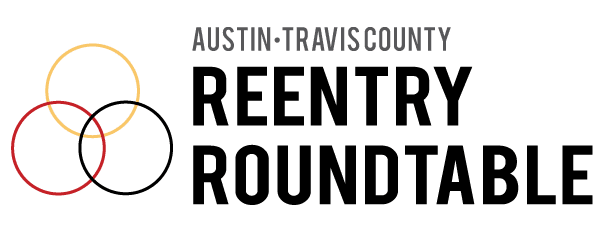Why do people who have been in prison return to prison?
I think there is no one way this critical question can be answered. There are as many possibilities as there are persons with justice involvement, what may be true for one individual may not apply to the next. Each person, if honest with themselves, is an expert on their own story. I believe every story can give us a part of a much larger, even if, disturbing picture,
Since I have lived experience with both re-entry and recidivism, my story matters. After pondering this query, I have come to conclude that there are too kinds of factors in my story, that even may apply to others. These factors lead to re-incarceration: 1) inward and 2) outward. Tragically for us, society places the greater emphasis on the inward causes. It is almost like the external causes don’t exist. Such an emphasis is unfair both to the individual caught in this vicious cycle and to the society grasping for solutions.
People are complex and their decisions are equally complicated, Choices do not grow out of a vacuum. The person and the context must be considered. After my last release from prison, I suffered from a severe case of feelings of inadequacy. My lack of confidence stemmed from my limited life experiences; life was a mystery to me; I would be what is called system raised’ from 12 years old to thirty-five. Essentially, I lacked self-efficacy; I was deficient in life skills for survival beyond these walls.
The second factor was external, I had come “home” to a very ignorant family incapable of rendering support. And the parole office was initially, to me, no real aid and comfort, In fact, my parole supervision level was reduced. My mistake was that I did not contest that ruling. I wanted to believe in myself, but this became a recipe for failure, My and their decision left me to fend for myself as best I knew how. Mistakes are a part of learning and life, however, once you have successfully been labeled a criminal the bar of suspicion is significantly lowered. Add to that the scrutiny of the state monitors and every mistake is magnified and possibly fatal. Your mistakes are left little room for explanation or mitigation. Furthermore, when you have an us against them mentality, a holdover from prison you become your own enemy.
I became my own worst enemy. Seeing the parole representatives as no different than the officers of whom I had left behind, in – prison essentially prevented me from using them as the state intends for them to be used as a resource, This self-sabotaging attitude would only become dislodged as a result of re-arrest and sanctions, while in county awaiting a violation, I would finally read my parole certificate, Clearly, it stated the mission of TDCI Parole Division was to help the offender successfully reintegrate back into society. I had missed it! And the cost was high. Reading that document, for the first time since leaving the Walls Unity with an open mind, helped me to see they had to meet me half-way. I had failed myself by being closed off and short with them at each visit. At the county jail the officer told me, “Robert, it’s too late to share your story now, you had ample time at every visit but chose to be silent.” She was dead right. The people, who with the stroke of a pen can alter the landscape of your life deserve to be given another look. I did. And it changed my trajectory. And that is another article.
Freedom, for me, has been a matter of trial and error. I have had to learn from my missteps and although it has been costly, the good news 13 that I am still alive, I am in prison now, but I will get out and soon. I have had to change the way I thought about myself. And what I knew about life had to be increased. I had to become teachable less angry, too. This meant letting my guard down and trusting someone. One cannot be taught util they become humble. Prison does not facilitate or foster humility or trust. Prisons, in fact, are a place of pride and ruthless individuality. This is a deadly combination for a person who needs to be mentored.
Eventually, I did change but only after severe loss and pain, I had to try all I knew to try and fail before I was prepared to admit I did not know how, Once I accepted my deficiencies I was then ready to ace the value of the men in recovery meetings, the Relapse Prevention counselor, at parole and the ministers who asked me to sit down long enough to be known, and the professor at the university who truly loved me and wanted to see me mature. The list is even longer.
In conclusion, these revelations and awakenings were the result of painful growth spurts. I wish I did not have to revisit the American cages, but it beats being insane or locked in a mental hospital with no date of release. I am alive and sober and using this time to reconfigure my ambitions for the future, I should not have had to come back to prison to get it right, but I am grateful I did not die in the process or take another’s life. I believe freedom, the next time around, with God’s help it will be much more navigable, I am older, Wiser, calmer, and more self-aware, I have faith and a sense of direction I want my life to go. When next these doors open up, I will use my insights and learning to help, not hurt others.
By
Robert Lilly #2254250
RAP & GRL-TAJ Member
Dalhart Unit.
